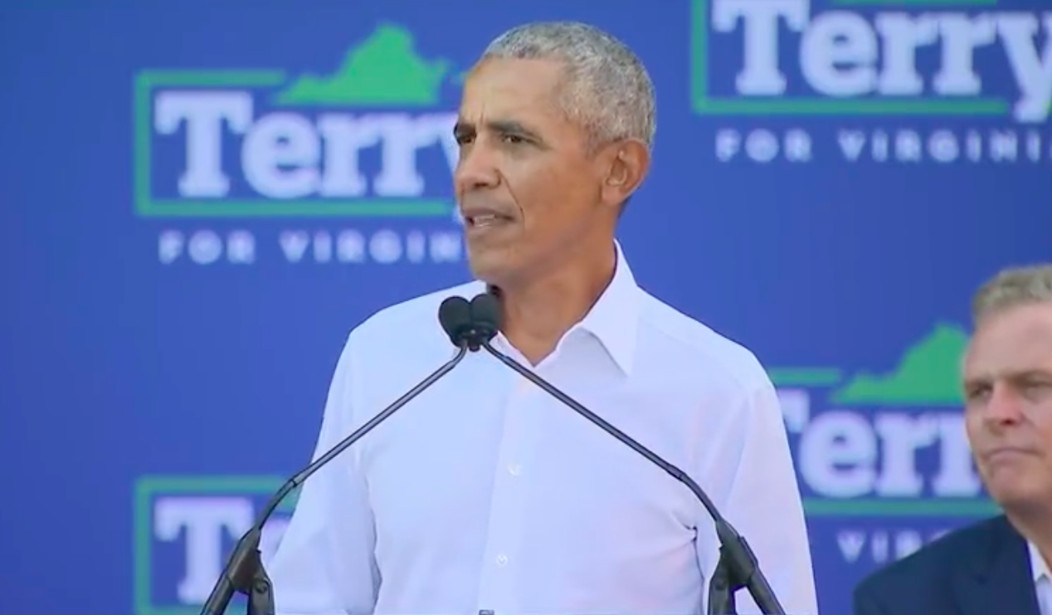"Rustin" is a Netflix biopic produced by Barack and Michelle Obama. Bayard Rustin, the underappreciated black 1960s civil rights activist, certainly deserves an ambitious film about his life. After all, the 1963 "March on Washington" that culminated with the Rev. Dr. Martin Luther King Jr.'s historic "I Have a Dream" speech was Rustin's brainchild.
Rustin, in a matter of about seven weeks, assembled a team that promoted the march and handled the logistics. This included security, transportation, seating, a sound system, and providing water and restroom facilities for an expected 100,000 attendees that swelled to a crowd of 250,000.
Rustin managed to forge cooperation between several civil rights groups and prominent leaders, often at odds with one another over the purpose and goal of the march. Who knew that King at first balked at giving a speech? Rustin convinced him. The NAACP initially opposed participating and argued it could sabotage President John F. Kennedy's attempt to persuade Congress to pass landmark civil rights legislation. Rustin insisted this massive display of unity would give Kennedy the moral high ground to push the bill. Rustin's behind-the-scenes maneuvering brought the NAACP on board, after which it became an enthusiastic supporter of what happened on Aug. 28, 1963, the day that changed America.
Rustin died in 1987, 21 years before the election of Barack Obama, America's first black president. But based on Rustin's beliefs, he would likely have clashed hard with Obama and the Left on issues at the core of today's Democratic Party.
Obama, for example, supports outcome- and race-based affirmative action. Last year, when the Supreme Court ruled against the use of race in college admissions, Obama lamented, "Like any policy, affirmative action wasn't perfect. But it allowed generations of students like Michelle and me to prove we belonged." In 2017, Obama issued a "Presidential Memorandum" that read, "Promoting diversity and inclusion is not the sole responsibility of one office within a federal agency but a joint effort that requires engagement by senior leadership and the entire workforce."
Recommended
Rustin, although progressive, black, and openly gay, rejected the position that "underrepresentation," in and of itself, represents mistreatment. Rustin said, "That blacks are underrepresented in a particular profession does not by itself constitute racial discrimination."
Obama, in a 2021 interview, called reparations "justified," although a "non-starter" given the "politics of white resistance and resentment." Obama said: "So if you ask me theoretically: 'Are reparations justified?' The answer is yes. There's not much question that the wealth of this country, the power of this country was built in significant part -- not exclusively, maybe not even the majority of it -- but a large portion of it was built on the backs of slaves."
Rustin called this reparations argument "preposterous." He said, "If my great-grandfather picked cotton for 50 years, then he may deserve some money, but he's dead and gone and nobody owes me anything." He described reparations as a "purely racial demand (whose) effect must be to isolate blacks from the white poor with whom they have common economic interests." His "nobody owes me anything" argument undercuts the Left's contention that "underrepresentation" requires government action.
Rustin would have little tolerance for the likes of Ibram X. Kendi, who promotes "anti-racism," and Ta-Nehisi Coates, who advocates reparations. Both claim America remains systemically racist and hold contemporary whites responsible. Rustin said, "Stokely Carmichael (a black 1960's activist who rejected MLK's tactic of non-violence) can come back to the United States (having moved to Africa) and demand (and receive) $2,500 a lecture for telling white people how they stink."
A Zionist, Rustin denounced black antisemitism. He said: "So far as Negroes are concerned, one of the more unprofitable strategies we could ever adopt is now to join in history's oldest and most shameful witch hunt, antisemitism." About Israel, he said, "Since Israel is a democratic state surrounded by essentially undemocratic states which have sworn her destruction, those interested in democracy everywhere must support Israel's existence."
Whether affirmative action, reparations, "diversity, equity and inclusion" or Israel, Rustin, were he alive today, might well be organizing a march against today's Democratic Party.
Mr. Obama, where's that movie?

























Join the conversation as a VIP Member